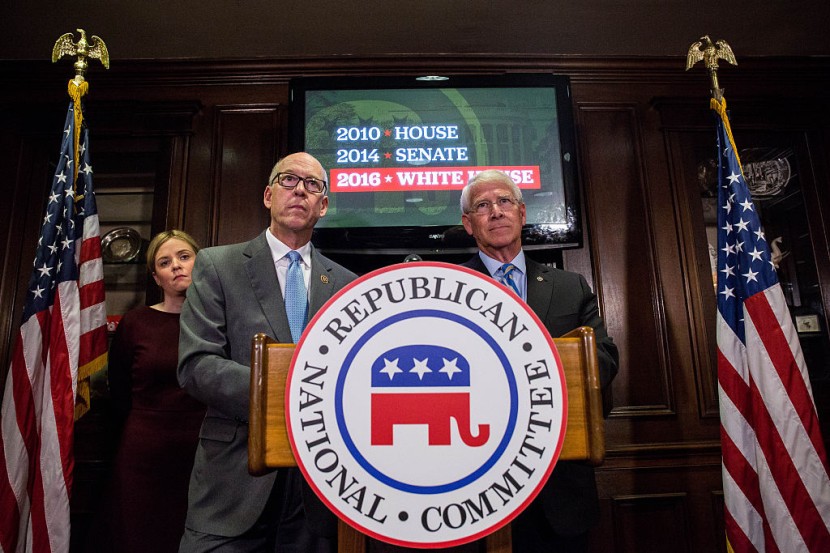
The National Republican Congressional Committee (NRCC) will begin accepting cryptocurrency donations. According to the organization, it is the first national party committee accepting contributions through cryptocurrencies, including Bitcoin.
The move puts NRCC at the forefront of a disruptive financial technology that may test campaign finance guidelines. The NRCC will process the donations through BitPay, which provides cryptocurrency and bitcoin payment services.
The Federal Election Commission (FEC) approved Bitcoin back in 2014.
To Be Converted to US Dollars
The NRCC will not retain the cryptocurrency. The payment will be converted to US dollars when donations are made. This will be done even before it is held and used by the NRCC.
The organization said it will not take possession of cryptocurrency when a person donates to them. This means that the NRCC is not actually receiving crypto as donations. Instead, it is soliciting proceeds from their sales. As a result, there is a smoother transaction from crypto holdings to political contributions.
This process of acceptance and conversion implies that the NRCC could accept individual donations that reach up to $10,000 annually, which is the maximum amount for dollar donations. It is significant because the maximum-value limit for cryptocurrency transfers is $100, Business Insider reports.
According to NRCC Chairman and Republican Minnesota Congressman Tom Emmer in a statement, "The NRCC is proud to lead the charge in accepting cryptocurrency campaign contributions," reported Fox Business. Rep. Emmer also specified Nancy Pelosi and her "socialist agenda" and said that the party is exploring all options to retake the House majority. He acknowledged that the use of "innovative technology" will give their party the resources it needs.
While they are the first national party to do so, a number of political candidates in the United States, including former presidential hopeful Andrew Yang, and Emmer, have accepted donations through cryptocurrency.
Rep. Tom Emmer is also a member of the House Financial Services Committee and a co-chair of the Congressional Blockchain Caucus.
Read Also: Pence Says He May Never See 'Eye to Eye' With Trump Over the January 6 Capitol Siege
The Blockchain Caucus depicts itself as a bipartisan group that shapes the role Congress plays in the development of blockchain technology and encourages the future of blockchain technology.
The FEC earlier raised concerns that the institutional independence and privacy of digital currencies pose a threat to the disclosure rules surrounding campaign finance and current federal transparency. An FEC spokesperson refused to comment on the NRCC's announcement.
According to an NRCC spokesperson, the organization plans to diligently gather identifying information from all people who donate via cryptocurrencies. The organization said it would accept all the same personal relevant information that they do with other contributions and receive amounts up to the normal contribution limits.
The FEC issued in 2014 an advisory opinion expounding on procedures for how campaigns could accept cryptocurrency donations. The move comes amid a volatile year for cryptocurrencies, with notable tumbles and explosive growth.
Related Article : No Fraud Found in New Hampshire Election as 2020 Election Conspiracy Theories Persist
© 2026 HNGN, All rights reserved. Do not reproduce without permission.








